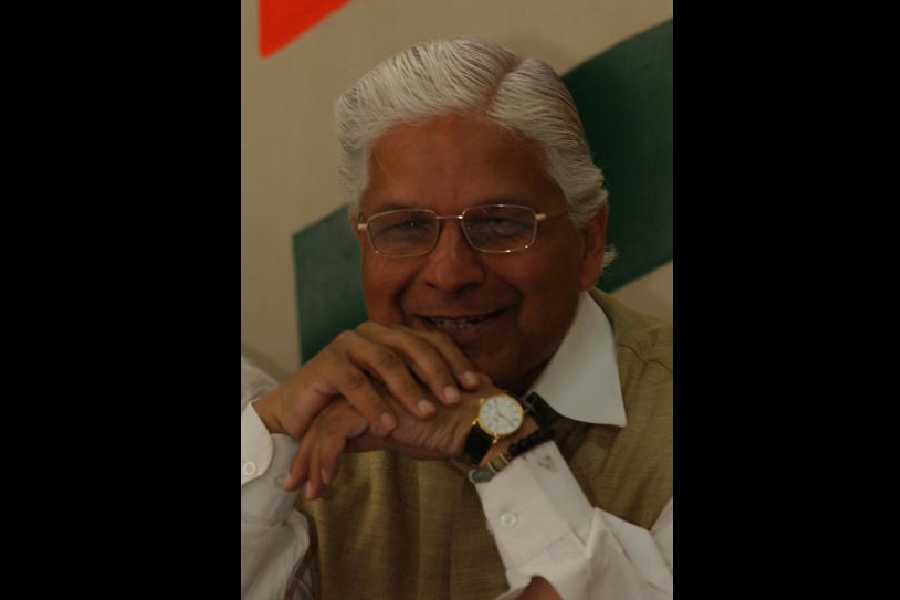Ashwani Kumar, the minister for law and justice in the Manmohan Singh cabinet, has been invited by French President Emmanuel Macron to attend the Pantheonisation ceremony of Robert Badinter in Paris on Thursday.
Badinter — a jurist, humanist and statesman — served as France’s minister of justice under President Francois Mitterrand and later as the president of the Constitutional Council. He was a crusader for human rights and led the movement that resulted in the abolition of capital punishment in France. He died on February 9 last year.
The Pantheonisation ceremony is an honour bestowed upon France’s most distinguished citizens. The event marks Badinter’s interment at the Pantheon in Paris, alongside its other national icons. The Pantheon in Paris stands as a national mausoleum honouring France's greatest citizens such as Voltaire, Rousseau, Victor Hugo and Marie Curie.
Kumar said he would attend the ceremony to be presided over by Macron.
“Badinter was a distinguished humanist, jurist and statesman of France. He was a relentless crusader for the abolition of the death penalty," Kumar said.
Recalling his personal acquaintance with Badinter, Kumar said: "I had the honour of knowing Badinter for several years and had the opportunity of visiting him in Paris on a few occasions. His selflessness and passionate espousal of human rights and public causes distinguished him as a great son of the French Republic.”
Recalling his first meeting with Badinter in the 1990s at the residence of the then ambassador of the European Commission in New Delhi, Kumar said they had discussed the perspectives of the Indian legal fraternity on the abolition of the death penalty.
“His manner was extremely gentle and humble. He was soft-spoken, dignified and profoundly wise, carried his scholarship lightly and offered several examples to explain why the death penalty does not serve its avowed purpose,” Kumar said.
“At that time, I was struggling with memories of terrorism in Punjab during the 1980s and felt the death penalty was perhaps necessary in extreme cases. Later, as law minister, in the wake of the Nirbhaya tragedy, I read several studies which showed how the death penalty could even be counterproductive — and I was reminded of Badinter’s wisdom,” he added.
Kumar also talked about how Badinter had received him during his several visits to Paris in later years. “Despite his ill health, he would receive me warmly at his home overlooking the Luxembourg Gardens and personally see me off at the door,” he said.
"His convictions about democracy and humanitarian law remained strong till the end.”











